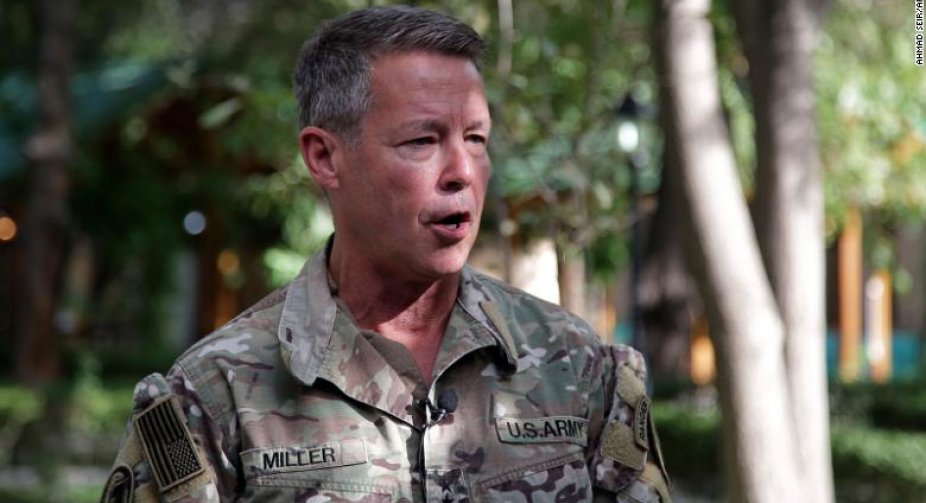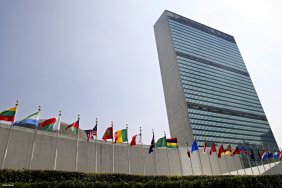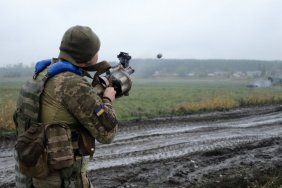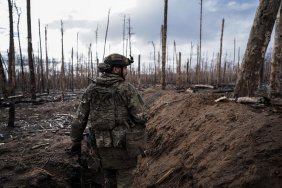The top US general in Afghanistan stepped down on Monday as the United States' military withdrawal from the country nears completion. Gen. Austin Scott Miller transferred his command authorities to Gen.
Kenneth McKenzie, the leader of US Central Command, in a ceremony in Kabul on Monday. The transition of command authorities is a key milestone in the US' military withdrawal from Afghanistan. It comes days after President Joe Biden said that the full drawdown of forces would be complete by the end of August and as the Pentagon acknowledged that the Taliban are intent on using force to take over the country.
Miller, who was the longest-serving US commander throughout America's nearly two decades of military involvement in Afghanistan, has repeatedly voiced concern about the pace of the Taliban's territorial gains and the potential for civil war in the country once the US military campaign is complete.
As he handed off leadership responsibilities, Miller noted the escalating violence driven by Taliban attacks and emphasized that it will not help establish a political agreement with the Afghan government.






